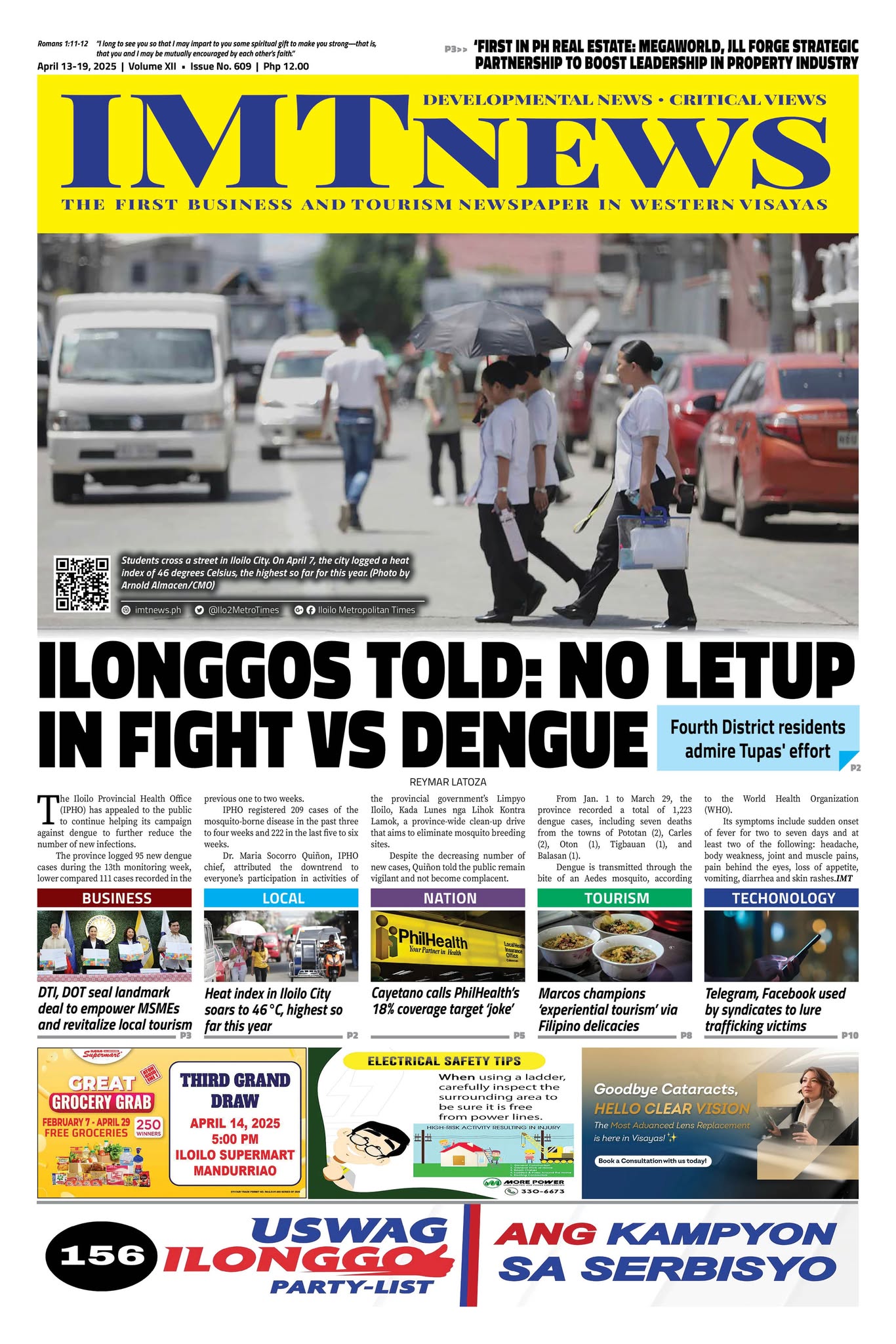In our culture, humor often breaks the tension, creates bonds, and smooths conflicts. Yet there is a boundary between witty banter and blatant disrespect—especially when people, rather than ideas, become the punchline in a campaign sortie. Pasig City congressional candidate Ian Sia’s viral joke about single mothers is a clear example of crossing this line. His insensitive remark, suggesting single mothers who still menstruate could have annual sexual encounters with him, understandably ignited a firestorm online.
Sia quickly defended himself, claiming he meant no harm and blaming selective video editing. But no matter the intention, the damage was done. Filipino social media users, including teachers and nurses, reacted sharply, expressing their outrage in real-time. Many recounted personal stories: mothers who raised children single-handedly through endless sacrifices, nurses tirelessly caring for strangers. These everyday heroes do not deserve degradation masked as humor, even if it is an attempt to lighten political speeches.
Secretary Rex Gatchalian aptly reminded everyone that marginalized groups—single parents, nurses, the marginalized—should never be the butt of political jokes. Campaigning should elevate discourse, discussing policy solutions and vision for a better society. The real purpose of elections is to gauge leadership qualities—compassion, empathy, prudence—not one’s ability to entertain crowds with inappropriate jokes. As one teacher said, “Hindi ba dapat mas mataas ang standard natin sa mga lider kaysa sa mga komedyante sa perya?”
Legal consequences swiftly followed. Ever vigilant and informed social media users promptly referenced laws like the Safe Spaces Act and COMELEC’s Anti-Discrimination Guidelines. This underscores that society has changed. What was perhaps tolerated decades ago can now cost a candidate a position or, worse, their reputation. Public outrage is not just online noise; it signifies society’s growing understanding and rejection of casual misogyny and sexism in politics.
This incident is not isolated. Recently, Misamis Oriental Governor Peter Unabia sparked controversy by implying nursing scholarships should be reserved for beautiful women. Again, this reflects the dangerous mindset that women’s worth is limited to superficial standards. Labor advocate Luke Espiritu’s reaction, calling out the disrespect, resonated with many. He pinpointed the real issue: the normalization of objectification, quietly pervasive even among supposedly progressive leaders.
These incidents reveal a deeper problem: a lingering culture in which women remain easy targets for humor and mockery in public spaces. This is not about manners or political correctness but human dignity. When candidates joke about vulnerable groups, they lack understanding of the struggles they aim to represent. In a world struggling with poverty, healthcare, and education gaps, humor should lift us, not put us down.
Still, some supporters brush off these concerns, saying critics “can’t take a joke.” But words shape reality, and dismissing offensive remarks as harmless humor perpetuates harmful stereotypes. Studies worldwide, including one by UNESCO (2019), highlight that sexist humor normalizes sexism and fosters environments tolerant of discrimination and harassment. Elections must set higher standards. Demanding decency is not moralistic; it is about expecting leaders to reflect values that uplift, not undermine, their people.
This call for respect in politics is rooted in Filipino values—pakikipagkapwa (solidarity) and dangal (dignity). It does not require religious or ideological justifications to understand basic respect. Teachers, nurses, and social workers—those often described as “frontliners” during crises—instinctively grasp this. They have witnessed firsthand how careless words from influential people affect communities and how casual disrespect breeds deeper inequality. Good governance begins with genuine respect for those governed.
Humor will always be part of Pinoy politics. But let humor be clever, insightful, and uplifting. Imagine campaign speeches that make us laugh while reflecting genuine social concerns—smart, empathetic humor that unifies rather than divides. That is not impossible; it is just rare. If we hold comedians and entertainers accountable for tasteless humor, why exempt political leaders who wield more power and influence?
This incident serves as a critical reminder. As voters, we must examine the character behind every candidate. Beyond slogans, platforms, or eloquent speeches, their everyday language reveals their true attitude towards the people they aim to serve. Sia’s unfortunate joke and the subsequent backlash highlight the ongoing cultural battle between dignity and disrespect.
Let this controversy serve as a wake-up call—not just for Ian Sia, Peter Unabia, or other candidates like them, but for all of us. Leaders are not just public servants but mirror reflecting our society’s values. If we continue accepting disrespectful humor as normal, we risk endorsing leaders who lack genuine empathy. However, by firmly rejecting disrespect masked as jokes, we send a clear message: We deserve and will demand leaders whose integrity matches their ambition.
Doc H fondly describes himself as a ‘student of and for life’ who, like many others, aspires to a life-giving and why-driven world grounded in social justice and the pursuit of happiness. His views do not necessarily reflect those of the institutions he is employed or connected with.






